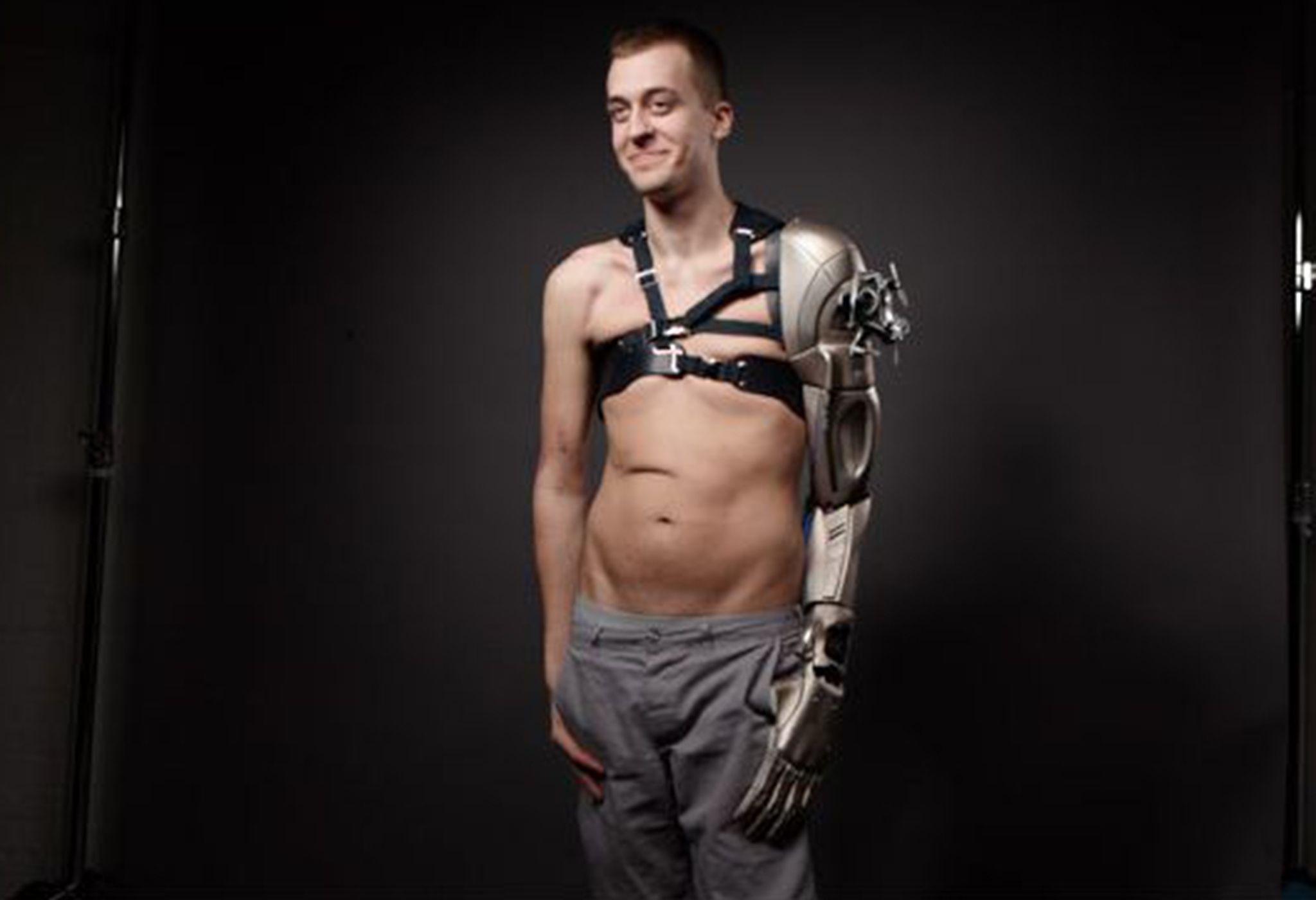Feb 22, 2016
Self-sufficient floating home to create its own water and energy
Posted by Shailesh Prasad in categories: energy, habitats
Living on a houseboat may seem very romantic, but the day-to-day misery of hauling water from shore and listening to the thump of the generator can soon take the icing off the cupcake. As a glimpse into what could be the future of aquatic living, two Fraunhofer Institutes and their partners are working on a self-sufficient floating home that creates its own water, electricity, and heat without looking like a works barge.
Housing shortages are a recurring problem in many parts of Europe and the canals of Amsterdam and London show that floating homes are hardly a new idea. But such residences must either be situated in the few places where power and water hook-ups are practical or find tenants who don’t mind living off the grid.
To make it feasible to live comfortably without being tied up to a pier, Fraunhofer and its associates have initiated the Lusation autartec project, which is aimed at a Germany that is looking more toward floating homes for both recreation and residency.
Continue reading “Self-sufficient floating home to create its own water and energy” »















